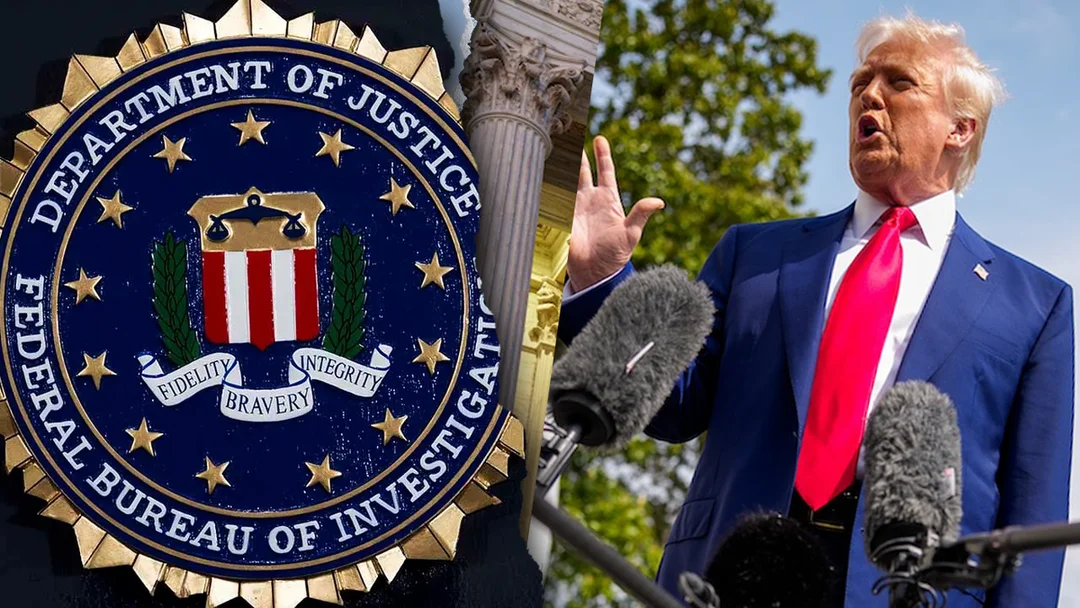
Is Trump’s Second Term Already Igniting a Legal Firestorm We Can’t Ignore?
In the whirlwind of the first 100 days of Donald Trump's second term, the American legal landscape is facing unprecedented challenges, with lawsuits piling up at an alarming rate. This surge in litigation, particularly from states like California, underscores a deepening divide between the administration's bold executive actions and the checks and balances of the U.S. judicial system. As citizens and experts alike grapple with the implications, questions arise about the future of constitutional norms and governance.
At the forefront is California's aggressive stance against the Trump administration. Attorney General Rob Bonta has led the charge, filing or joining 16 lawsuits since January 20, nearly double the pace of the first term. These cases cover critical issues, from defending birthright citizenship to challenging cuts to programs like AmeriCorps. Erwin Chemerinsky, dean of the UC Berkeley School of Law, highlights a key difference: 'What's different from the first term is qualitatively how much of a disregard they have for the Constitution and the law.' This observation paints a picture of an administration prioritizing rapid executive orders over legal precedent, potentially reshaping American life in ways reminiscent of historical shifts like the New Deal.

Across the nation, the administration's policies on immigration and deportations are drawing intense scrutiny. Executive orders targeting birthright citizenship and mass deportations under outdated laws like the Alien Enemies Act have sparked over 200 lawsuits, as reported by various sources. In one high-profile case, a federal judge criticized the administration for violating court orders related to deportations, including the mistaken removal of individuals like Kilmar Abrego Garcia. Critics argue this reflects a reckless approach, with Stephen Miller accused of misrepresenting Supreme Court rulings. Meanwhile, transgender rights, tariffs, and government spending reforms are adding layers to the legal battles, with judges issuing injunctions against policies seen as unconstitutional or lacking congressional approval.
Analysis reveals a pattern of 'flood-the-zone' tactics, where the administration pushes boundaries despite frequent losses in court. Conservatives, like law professor J. Joel Alicea, celebrate this as a return to originalist interpretations, but opponents warn of potential harm. For instance, policies restricting transgender military service and healthcare grants have been blocked, underscoring judicial pushback. As Chemerinsky notes, 'He's taking executive power so much further than the first term, than any president ever has.' This escalation raises stakes for the Supreme Court, which must navigate cases like the birthright citizenship challenge set for oral arguments.
Ultimately, these 100 days signal a pivotal moment in American democracy. The rapid pace of lawsuits and the administration's defiance highlight a broader erosion of the rule of law, affecting millions through policies on immigration, civil rights, and economic reforms. As experts debate where the courts will draw the line, one thing is clear: the fight is far from over.
In summary, Trump's second term is testing the foundations of U.S. governance, with potential long-term effects on citizenship, due process, and federal oversight. What do you think—will the courts curb this momentum, or are we witnessing a new era of executive dominance? Share your views in the comments below and help shape the conversation on this critical issue.